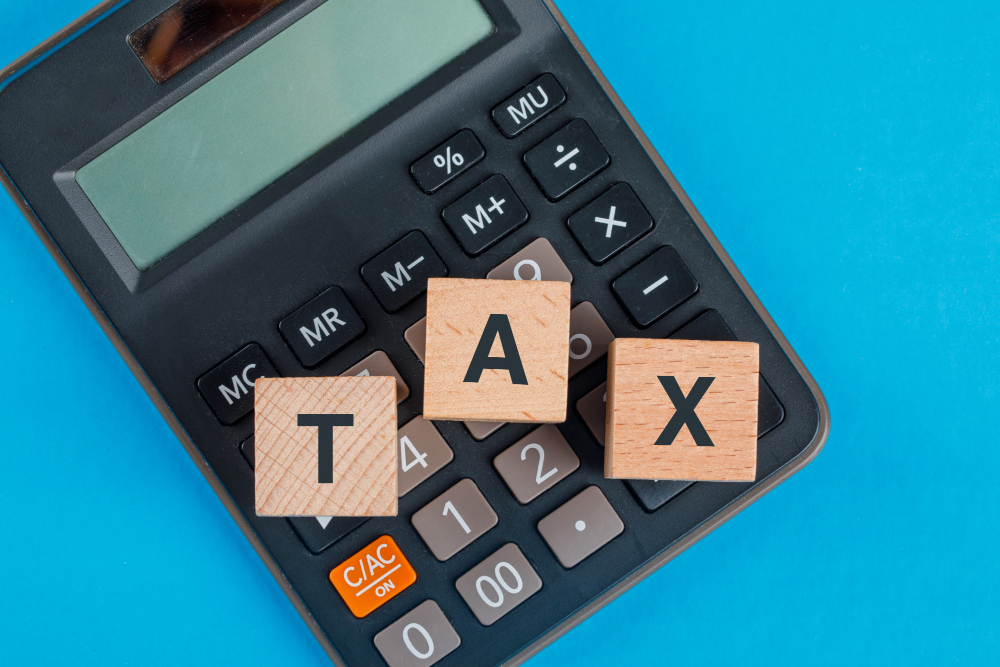
Supporting domestic exporters has become a top focus as the UAE changes into a major hub for global trade. The latest changes to VAT filing in Dubai regulations, which go into effect on November 15, 2024, are intended to simplify the VAT reclaim procedure and offer exporters an opportunity to reduce operating costs and improve cash flow.
Background on VAT Regulations for Exporters
The UAE’s VAT laws, first implemented in 2018, have been crucial in generating revenue but have presented some administrative difficulties, particularly for exporters. For companies handling VAT filing in Dubai , managing documentation was a significant burden.
Exporters from the UAE used to have to fulfill stringent VAT formalities in order to show that their goods had left UAE jurisdiction. Exporters have to provide either official or commercial proof to be eligible for VAT refunds:
- Official evidence: included customs invoices, exit certificates, or other documentation from Emirate officials.
- Commercial evidence: included records from logistics providers such as consignment papers, airway invoices, and shipment certificates.
Exporters were forced to charge the standard 5% VAT on exported items since they could not get VAT refunds if they failed to provide this proof. The cost of each exit certificate alone may be as much as 200 AED, which adds to the financial burden on exporters’ cash flow and profit margins. VAT consultants in Dubai can help exporters navigate these requirements effectively.
Key Changes Introduced in the New VAT Amendments
Key improvements that streamline the VAT documentation requirements for exports are introduced by Cabinet Decision No. 100 of 2024, which updates Federal Decree-Law No. 8 of 2017.
With effect from November 15, 2024, the new rules replace the need for extensive documentation with simpler proof options. An exit certificate is no longer required for every export. Rather, the three choices listed below can now be used as valid export documentation:
- Export or customs certificate: A certificate of export clearance from Emirates Customs.
- Shipping certificate: Documentation from a transport business that ships the items.
- Commercial evidence: Consists of consignment notes, airway bills, and other similar commercial documents that shipping agents issue.
It is expected that this change will drastically lower compliance costs, increase accessibility to VAT refunds, and facilitate a more seamless VAT reclaim procedure for exporters. Working with VAT consultants in Dubai can also help to maintain the process straightforward and optimized.
Effects and Advantages for UAE Exporters
The revised VAT filing in Dubai can help UAE exporters in several ways:
- Lower compliance costs: For smaller enterprises where every expense has an impact on the bottom line, the elimination of the need for costly exit certificates reduces direct compliance expenses.
- Streamlined refund procedures: Faster VAT refunds result from fewer administrative delays caused by simplified documentation. Exporters benefit from improved cash flow from quicker refunds, which they can use to fund operations and growth.
- Increased competitiveness: The UAE enhances its appeal as a global trade hub by simplifying export procedures, which enables regional exporters to compete more successfully on the international stage.
Who Benefits from the New VAT Regulations?
The following groups benefit most from these VAT adjustments:
- Small and Medium Enterprises (SMEs): For smaller exporters, whose resources are frequently limited, it is crucial to shorten refund periods and documentary requirements.
- Industries relying on regular exports: Simplified VAT procedures will result in cost savings and more efficient operations for the manufacturing, logistics, and re-export sectors.
- Free zone entities: Companies in free zones that export a lot may profit from the lowered prices and fewer requirements for certain certifications.
A Comprehensive Analysis of the Documentation Needs
Here is a closer look at the forms of documentation that are accepted in order to help exporters successfully adapt to the new VAT regulations:
- Customs declarations: The main evidence for VAT claims is a customs clearance document from Emirates Customs attesting to the items’ official exit from the UAE.
- Shipping certificates: Additional certificates are no longer required; valid shipping documentation from shipping companies is now sufficient. Airway bills or shipping notes from reliable logistics partners are examples of this type of proof.
- Commercial evidence: Consignment notes, commercial invoices, and any shipping certifications from logistics agents are now sufficient for VAT refunds.
This flexibility minimizes the need for excessive paperwork and aligns with the logistics workflows that exporters prefer by enabling them to present documents that best suit their business operations.
Compliance Tips for UAE Exporters
Exporters must guarantee compliance even though the documentation requirements have been streamlined to fully benefit from VAT reductions. Here are some useful pointers:
- Keep your documentation clear: Proper record-keeping is still necessary for VAT refund claims even though the rules have been relaxed. Make sure that every document, including commercial and customs evidence, is easily accessible and well-organized. bookkeeping services in Dubai can help to ensure this process is managed efficiently.
- Get professional assistance: The change to the new rules can be streamlined by seeking the assistance of VAT consultants in Dubai, who will guarantee that claims are managed without any issues. Based on unique business settings, VAT consultants can also help define the precise documentation needed and help put these requirements into practice.
- Training for finance teams: To help finance teams manage claims effectively and reduce errors in VAT refund submissions, conduct regular training sessions on the most recent VAT regulations.
Broader Implications for the UAE’s Economy and Trade
The changes show the UAE government’s dedication to fostering economic expansion and establishing a business-friendly atmosphere. By streamlining VAT filing in Dubai laws, the nation can also increase its appeal to global investors. These changes support the UAE’s goal of becoming a major hub for international trade and logistics, particularly in the Middle East, Africa, and Asia.
Conclusion
As the UAE’s VAT regulations keep evolving, exporters must stay informed and compliant to maximize their benefits. HTIC Global is here to assist you with expert VAT consultancy services tailored to your business needs, helping you navigate the new regulations seamlessly. Partner with HTIC Global to grow your business operations and take the next step forward in your financial management.










